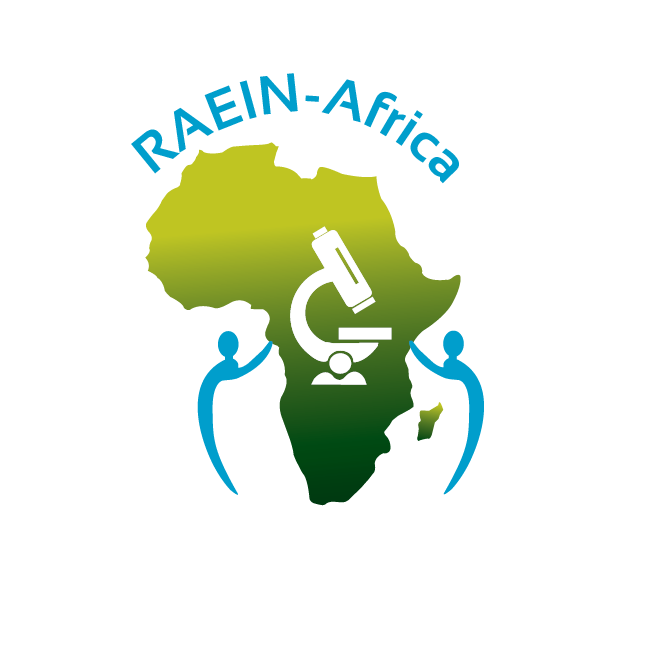APPROACH IN PROJECT IMPLEMENTATION
RAEIN-Africa’s competitive advantage stems from its strong organizational ties and pertinent approaches. Over the years, RAEIN-Africa has fostered “the strength of weak ties”, facilitating interaction between stakeholders who are different enough to contribute new knowledge but related enough to understand each other and/or share common interests. Scholars in innovation systems observe that such interactions tend to spawn innovations. Creating and fostering effective coalitions among actors is often hindered by incomplete information about what potential partners can offer, different incentive systems for public and private actors, differences between indigenous and formal knowledge, social differences that cause exclusion of certain actors, or ideological differences. RAEIN-Africa has mastered and is proficient in connecting stakeholders that are not familiar to each other, but may provide the “new combinations” essential to innovation. RAEIN-Africa has developed shared visions, established links and information flows among actors, and provided incentives that enhance cooperation. Thus, RAEIN-Africa acts as “systemic intermediary” in innovation systems, forging many-to-many relationships. RAEIN-Africa boasts of being an “honest broker” and “process facilitator” who brings people together mainly for altruistic purposes.







